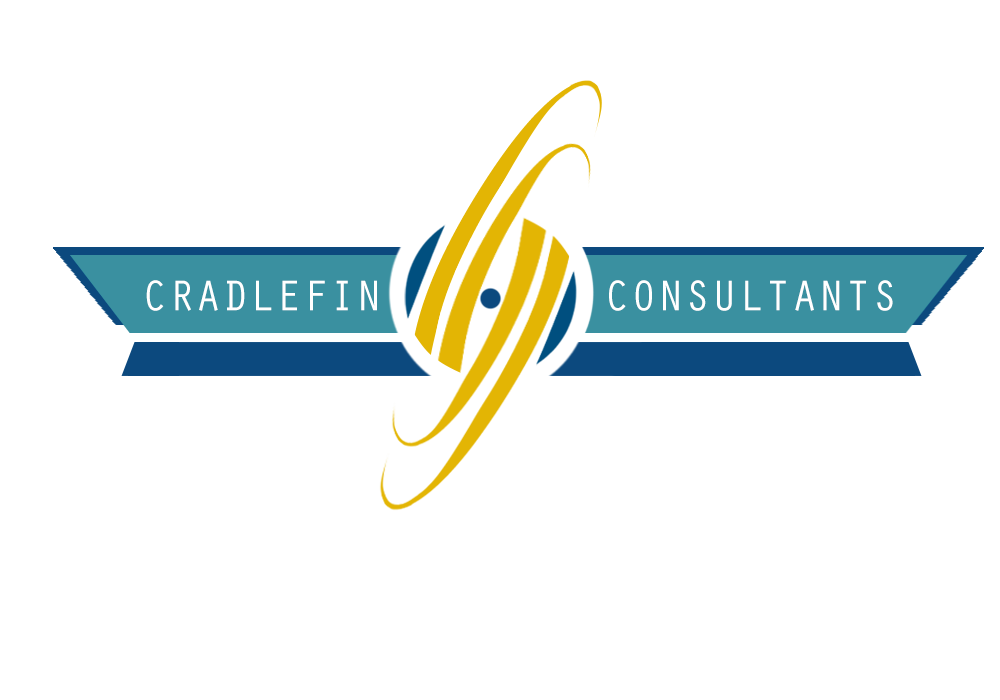2022 has been turbulent and we will start 2023 in a recession but what can we expect and what should we prepare for in the year to come? We looks at the tends that will shape the recruitment world in 2023.
As we approach the end of 2022 it’s fair to say it’s been a tumultuous year. Political instability, a war, a cost of living crisis, soaring inflation, and now we are officially in a recession. On paper it looks fairly disastrous, and yet 2022 has been an incredibly successful year for a huge number of recruitment businesses. The market has consistently been short of candidates, heavy with jobs, meaning the value of the recruiter was heightened for businesses desperate to find talented candidates for their jobs.
And this trend is not set to change any time soon. The WaveTrackR November 2022 Recruitment Trends Report showed that, in the penultimate month of the year, jobs rose by 17% from October and were 39% over the 2021 monthly average. At a time of year when job activity tends to decrease, throw in a recession, and these figures are pretty astounding. Applications, meanwhile decreased, indicating that the candidate-short market is set to stay for some time. With this backdrop, what trends can we expect to see in 2023?

Businesses will continue to hire
We’ve heard a lot of doom and gloom about the recession causing businesses to take a cautionary approach and cease hiring but that is certainly not what we’re seeing so far. The major difference between this and previous recessions is that unemployment is still very low and the economic inactivity rate continues to rise, meaning there are far fewer people in the jobs market. People are also changing jobs more often than they did in the past so there continue to be a great deal of movement within the market.
The end result is that thousands of businesses are massively understaffed, especially in areas such as Hospitality, Health & Nursing, and Public Sector. WaveTrackR data shows that these industries consistently receive low numbers of applications. The vast majority of businesses will need to continue to hire, however – too many struggled post-pandemic because they froze hiring or let large numbers of staff go but then couldn’t re-hire when they needed to.
Flexibility will be a candidate priority
Candidate motivators have changed since the pandemic, with priorities now more holistic. Companies that offer a good work/life balance and body and mind health initiatives are attracting far more candidates than those that offer a pool table in the office, a fancy coffee machine, and free drinks Fridays. Even so, one recent statistic proved staggering – in a recent Wave Talent Matters podcast with LinkedIn Sales Director Cara O’Leary, it was revealed that flexibility has become the number one priority when searching for a new job on the platform, over and above compensation – and this is despite a cost of living crisis.
It’s clear that flexibility is what employers need to be offering in order to attract talented candidates in 2023, whether that’s in terms of hours, location or contract type. The news that flexibility rights are set to change in the UK, giving workers the right to request flexibility from the first day of their job, highlights its heightened importance. This incredible desire for flexibility in a role provides an opportunity for employers and recruiters to capture that huge marketplace of people looking for job flexibility.
Recruiters will become strategic advisors
Recruiters need to be offering far more than a transactional service, transitioning their offering into total talent solutions whereby the recruiter acts as a strategic advisor and takes a far broader view of a client’s talent needs. Clients will begin to choose recruiters that think about the work that needs to be done rather than the body that needs to be hired. There is now an opportunity to work out how to solve an entire talent problem rather than how individual roles can be filled. This was already valued pre-COVID but is valued now more than ever before. What people really want in times such as these is information and advice to make important decisions and that is where recruiters will prove their value. Those that take the pulse of the marketplace for both clients and candidates, that can advise with authority, will shine.
Alternative candidate attraction strategies will prove vital
With a general lack of job seekers, plus increasing job board prices, recruiters will need to widen their search for talented candidates. Focus on building a talent pool, with candidates that you have vetted and keep in touch with. Update your database regularly and utilise CV Search tools. Grow an audience on LinkedIn and through regular blogs on your website to further bolster your pool. The stronger those approaches get, the less reliant on a single source, such as job boards, recruiters will have to be. Growing an audience, making connections, forming and nurturing relationships, will all help to build instant access to people who do the types of jobs you need to fill.

Utilising your tech stack to improve efficiency will prove key
Any piece of tech that improves efficiency and saves time will be vital in a recession. Being targeted with your job posts will help you to find and attract more candidates so a multi-poster with analytics that can tell you when and where to post your jobs is key in a candidate-short market. A CV Search function will allow you to quickly and easily find candidates across multiple job board CV databases and your own database. A first-class website will help bring in candidates and act as your own job board.
A solid tech stack will help you plough on through a recession, enabling you to continue to attract candidates even when they’re in short supply. What it will also do is free up time so that you can build relationships with both candidates and clients – and this is essential. When times are tough, that human element is more important than ever. Clients will need information to help them make decisions but they will also just need re-assuring. Candidates will be acting with caution – job security means so much more in a downturn. You will need to act as coach and counsellor and the right recruitment technology will give you the time to do that.
Retail entrepreneur Theo Paphitis told LinkedIn News UK recently that a downturn is the ideal time to start a business as ”where there’s disruption, there’s opportunity.” And it’s an opinion that every guest on Wave’s Talent Matters podcast shared. Great companies are built during recessions. It’s important to play the long game, taking smart risks rather than battening down the hatches. Those that do will be more likely to not just make it out the other side of the recession but to be in a dominant position. Some of the biggest and most influential businesses began and boomed in a recession – just look at Airbnb, Disney, Hewlett Packard, IBM, Microsoft, and WhatsApp, all of which were created during different economic downturns.
Recessions provide great opportunities for companies to plan for the future, think about how to grow and diversify, and cement the direction in which they need to move to make that happen. We saw this a lot during COVID. It was the companies that were agile and stopped to think about what the world needs right now, that pivoted in response to current market conditions and behaviours, that saw the greatest success. And always remember – economies are cyclical, the recession won’t last forever, so mitigate the risks, be confident in your decisions, keep talking to your clients and candidates, and you could 2023 on a high.
Get in touch with Cradlefin Consultants team a premier destination for talented candidates and clients committed to recruiting and developing top tier professionals if you need help with your recruitment: recruitment@cradlefinconsultants.com





